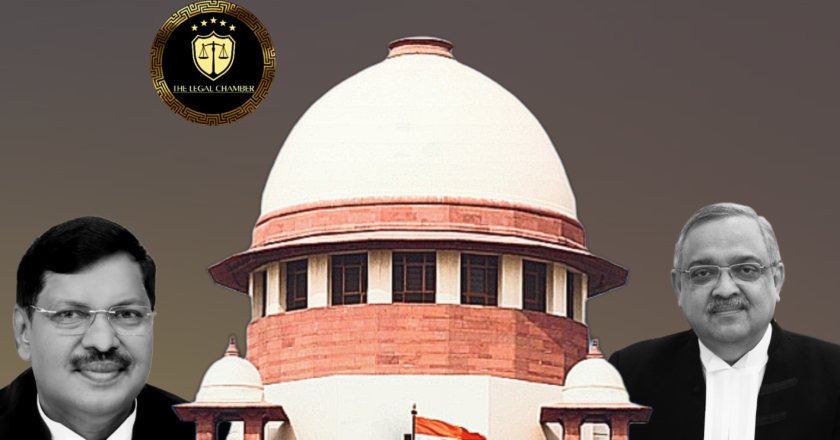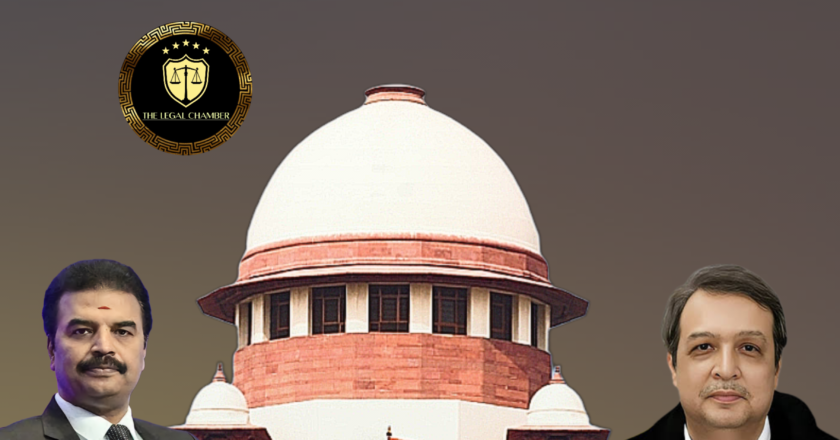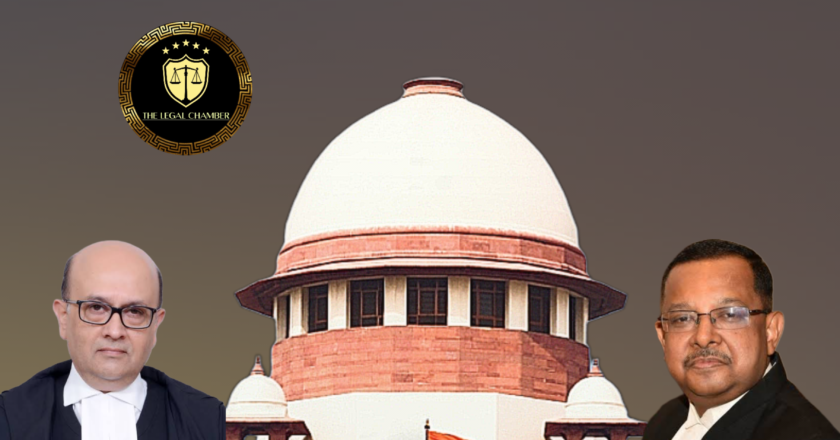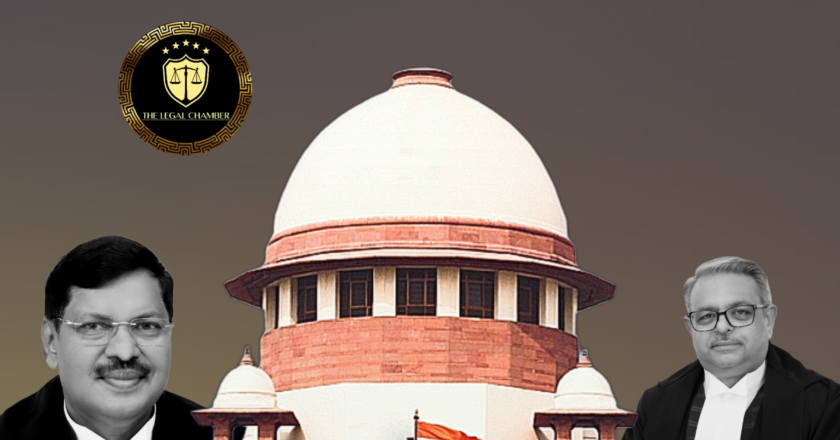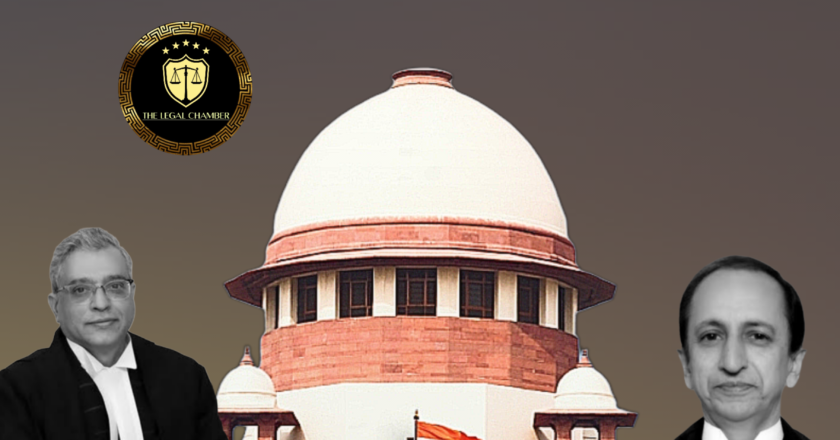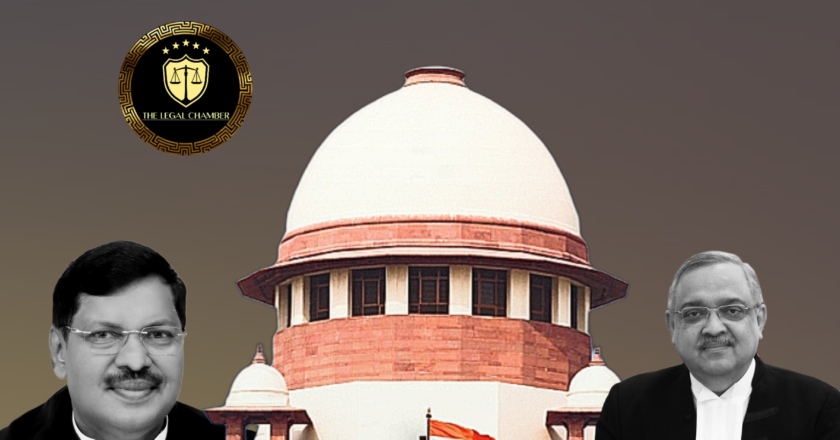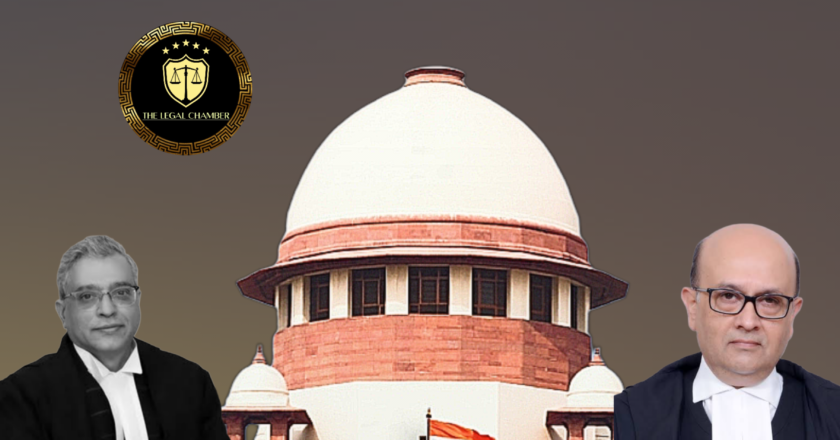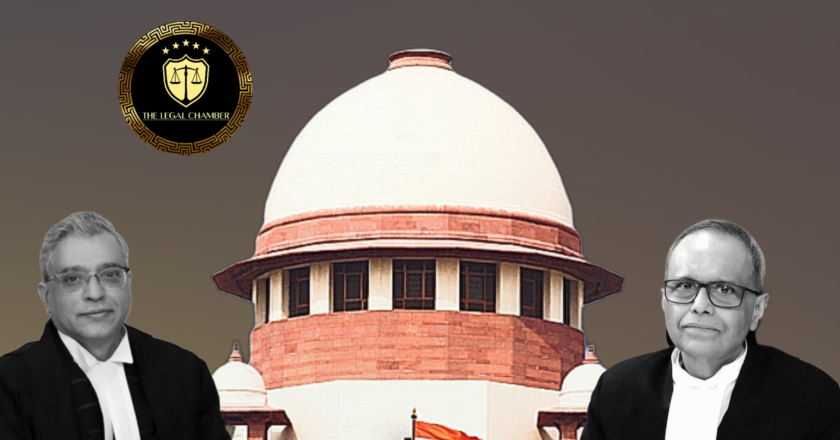Commercial vs. Residential Use: Supreme Court Decides on Delhi Market Plot Dispute
In a significant order, the Supreme Court clarified the legal framework governing the use of upper floors in designated Local Shopping Centres (LSCs) in Delhi. The Court held that while the ground floor is permitted for commercial use, utilizing upper floors for commercial purposes requires payment of conversion charges and regularization of any unauthorized construction as per the Master Plan for Delhi-2021 and relevant building bylaws.
Facts Of The Case:
This case concerns an application for the de-sealing of a commercial premise at Plot No. 106 in New Rajinder Nagar Market, New Delhi. The applicant, M.C. Mehta, filed an Interlocutory Application (I.A.) in the long-standing Public Interest Litigation (W.P.(C) No. 4677 of 1985) concerning unauthorized constructions and land misu...
